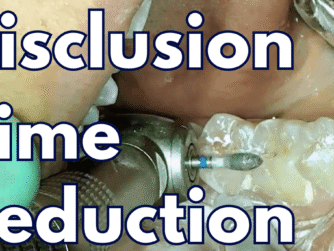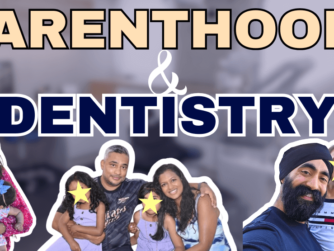Podcast: Play in new window | Download (Duration: 41:22 — 59.3MB)
Subscribe: RSS
I am joined again by one of the most passionate people I know, Dhru Shah!
He also helped me with Episode 3 – Transitioning to Private Dentistry which is one of the most listened to episodes on my podcast.
- What drives you?
- How you can be more engaged as a Dentist?
- What are your values and how it is relevant to your career?
- Where and how you can develop passion for Dentistry – the best thing is that it answers a burning question I get asked a lot – ‘Jaz you’ve done a lot of courses, which one should I do next?’ – Dhru talks about a system where you need your day list and a highlighter to figure that out yourself
- How can we get more Dentists in a state of Flow
As promised in the podcast, do check out Scott Jeffrey’s Value Discovery System and be sure to get your family and staff involved!
For the video teaser of the podcast:








[…] If you loved this episode, please check out Passion and Values in Dentistry […]
[…] If you enjoyed this episode, you will love Passion and Values in Dentistry with Dr. Dhru Shah […]